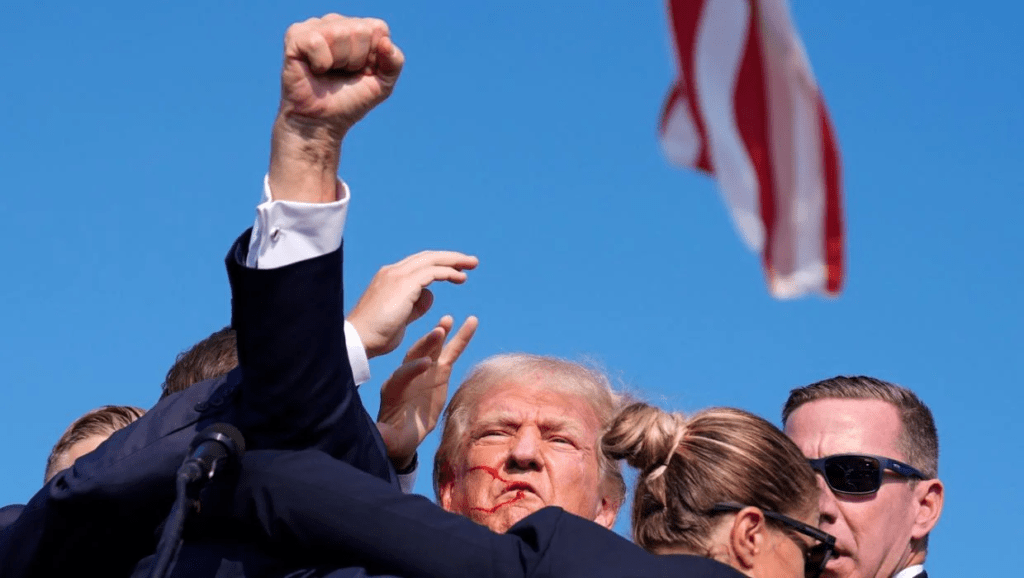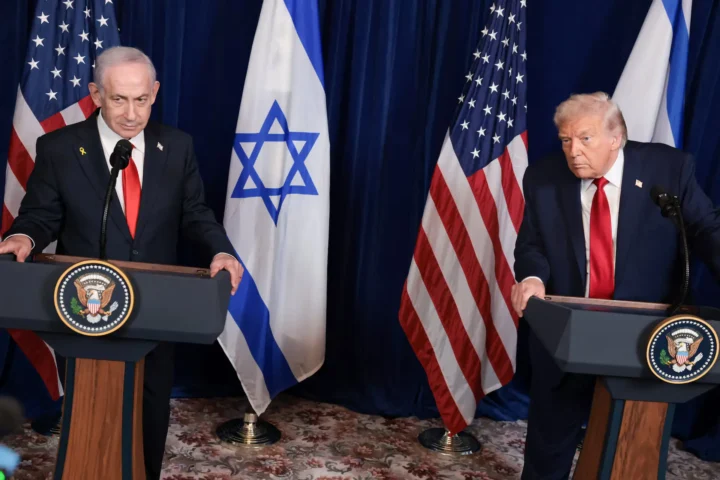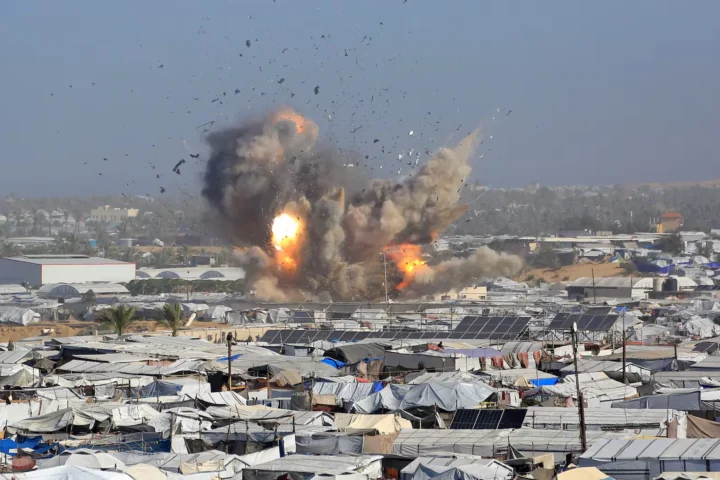The recent shooting of Donald Trump at a rally in Butler, Pennsylvania, is set to irrevocably alter the trajectory of the presidential race and further polarize an already divided nation. Though the bullet only grazed Trump’s ear, the implications are profound, touching on issues of security, political discourse, and the state of American democracy.
In the immediate aftermath, questions about security breaches dominate the conversation. How did the shooter manage to smuggle a weapon into a heavily secured event? The United States, the land of the free, has also become a nation entrenched in an over-zealous security state. Attending a major league baseball game or an NFL match often requires passing through metal detectors. Schools across the country have similar measures to prevent firearms from entering.
I don’t care if you dislike Trump or believe he’s bad for the Republican Party. Celebrating his shooting is unacceptable and inhumane. If you’re happy he was shot today in Pennsylvania, keep it to yourself. Decency matters; wishing harm on him is sick. pic.twitter.com/9sDAed8GnP
— Tahgi (@tahgiturner) July 13, 2024
The security protocols for events involving senior politicians, particularly the President, are even more stringent. Accreditation and security clearances are handled months in advance. Upon arrival, every piece of equipment is scrutinized, bags are searched, and attendees pass through multiple layers of security. The entire venue is monitored by a substantial presence of law enforcement, including snipers and secret service agents.

Despite these measures, the Trump rally did not match the NATO Summit’s security intensity but still would have had considerable protection. The breach at this rally highlights a significant failure in the security apparatus and fuels the pervasive American paranoia that gun violence could erupt at any large gathering. This incident will almost certainly lead to calls for even more stringent security measures, further distancing politicians from the electorate.
The Biden campaign has paused all communications, and Joe Biden has reportedly attempted to reach out to Trump. This gesture, though likely sincere, underscores the gravity of the situation. Political campaigns are not merely paused for routine incidents; this event marks a pivotal moment in the race. Both Biden and Trump will need to navigate the complex landscape of campaigning in a heightened security environment, where fear and suspicion may overshadow policy discussions.
Condemnations of the attack have poured in from across the political spectrum, with Biden, Barack Obama, and Nancy Pelosi all denouncing the violence. However, this consensus may be fleeting as the incident will inevitably be used to stoke partisan fires. Trump’s supporters are likely to view the attack as evidence of a hostile environment created by his political opponents, while his detractors may cite it as a consequence of his often incendiary rhetoric.
BREAKING: President Biden speaks after a shooting at former President Trump’s rally in Pennsylvania:
— NBC News (@NBCNews) July 14, 2024
“There’s no place in America for this kind of violence. It’s sick. It’s sick. … We cannot condone this.” pic.twitter.com/KnqOYEWFf9
Beyond the immediate political ramifications, this event has broader implications for American society. It exposes the vulnerability of public figures and the potential for violence to disrupt democratic processes. The fear and paranoia generated by such incidents could lead to a more militarized public space, with increased security at political events, rallies, and public gatherings.
Ultimately, the shooting at the Trump rally is a stark reminder of the fragile state of American democracy. It underscores the need for a balanced approach to security that protects public figures while ensuring that the democratic process remains accessible and transparent. As the nation grapples with this latest act of violence, it must also reflect on the underlying issues that contribute to such divisive and dangerous political climate.
The path forward will require leadership that can bridge divides, promote civil discourse, and address the root causes of violence. Only then can America hope to emerge from this turbulent period stronger and more united.











